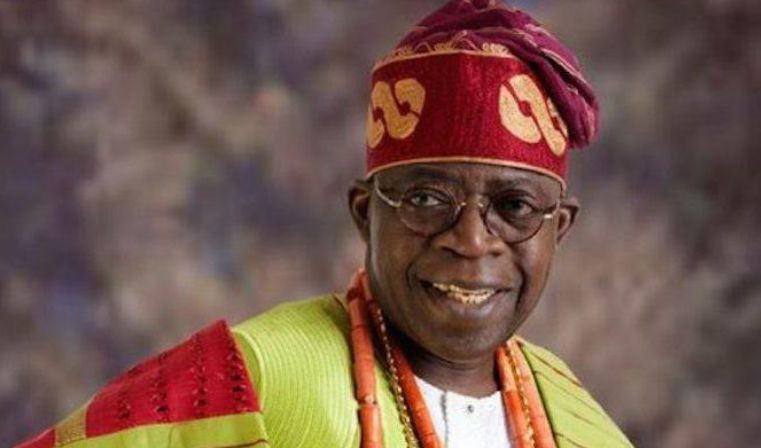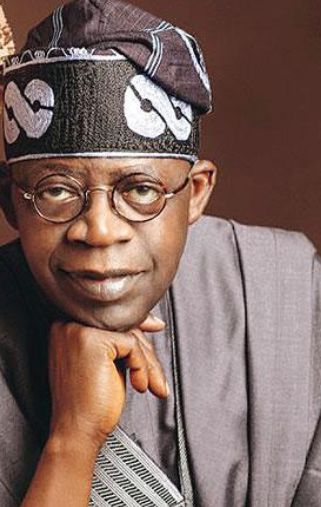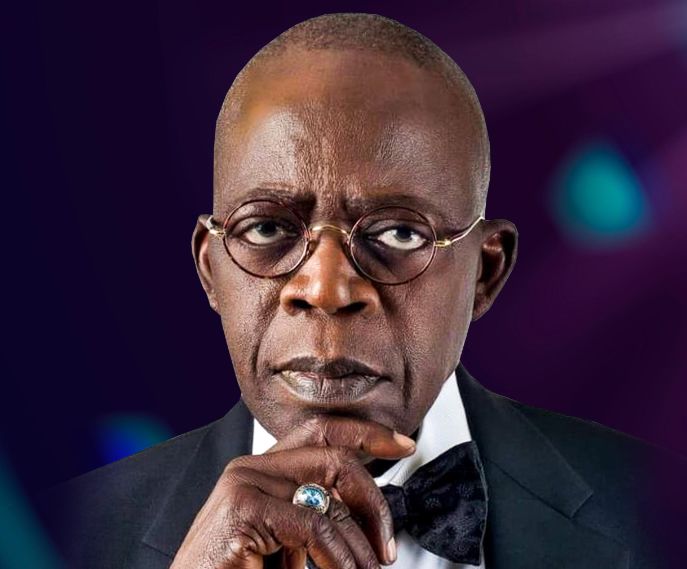ASIWAJU BOLA AHMED TINUBU: A MAN WITH THE MIDAS TOUCH
Asiwaju Bola Ahmed Tinubu is no doubt one of the most notable political actors in Nigeria today. He has made undeniable great impact in the recent politics and governance in the country, particularly from the period of the nation’s 1999 re- engagement with Democracy.
After a successful career in the public sector working as Auditor with the Mobil Oil Plc, his entry into politics in early 1990s started on a significant note, which saw him emerging as a Senator of the Federal Republic and later a major activist in the struggle that followed the annulment of the June 12, 1993, Presidential election won by late Chief Moshood Kashimawo Olawale Abiola.
With the nation’s re-engagement with Democracy, Chief Bola Ahmed Tinubu became Governor of Lagos State; thereby launching himself into national reckoning. He became a man of the people as a result of the new developments he introduced while serving as Governor of Lagos State.
These ranges from construction of millennium schools, improved internally generated revenue, effective transportation and modernised health delivery systems. In politics, apart from his heroic June 12 struggles, many achievements have been ascribed to Asiwaju Tinubu from Alliance for Democracy (AD) to Action Congress of Nigeria (ACN) and to All Progressive Congress (APC).
Tinubu is one of the major brains behind the emergence of the ruling APC and the making of the party a National Party to be reckoned with. Because of his rising profile, he has become a cynosure of all eyes all over the nation; thereby becoming subject of envy by some political distractors and sycophants.
As a confirmation of the high level of stardom that Tinubu has attained in the nation’s politics, former Governor of Osun State, Chief Bisi Akande in his autobiography “My Participation”
wrote that, “Bola Ahmed Tinubu is adept in building political bridges. He is an all-round leader, who is not a native politician in the Nigerian sense. In struggles, Bola is always resolute against all difficult circumstances”. “In fighting, Bola demonstrates consistent courage and resilience. He is a powerful and strong political mobiliser, a fierce and ferocious fighter such that he generally and quickly generates tension around himself when poised for a fight to the embarrassing confusion of those who might have enjoyed his pleasantness and generosity.”
At his birthday celebration during the early days of the COVID-19 pandemic, Asiwaju Tinubu himself made a statement that clearly portrayed him not just as a politician seeking power but also as one who is rigorously thinking about the country’s challenges and ideas that will promote public good.


In the statement, he advocated some policy prescriptions on the pandemic, wherein he canvassed welfare-oriented policies. No doubt, any from divergent ideological persuasion, might disagree with Tinubu’s postulations, considering the apparent over-extended welfare state he advocated. However, the stimulating depth of his arguments cannot be easily waved aside. So, it was not a surprise that many rose in support of Tinubu’s position.
In their reactions, many argued that given the depth of poverty and misery in the land and the corresponding sharp inequality, Asiwaju’s welfare policy seemed to be the quickest way out. For them, the policy would permit an overwhelming deployment of the nation’s resources towards the upliftment of the vulnerable people in the country.


Incidentally, such people belong to the majority of the populace who commented in the ensued debate.
Asiwaju Tinubu’s proposal of massive investment in education, health, infrastructure and poverty alleviation in the statement, has also been described as a necessary step towards actualizing the potentials of the teeming masses and transforming them into developmental assets rather than liabilities.
The point, as it has been argued, is certainly not to agree or disagree with Tinubu’s policy proposals and their philosophical underpinnings; rather, it is for those who have alternative ideas, from diverse perspectives, to come up with their own rigorously thought-out policy options in the pursuit of common good. Asiwaju himself averred that he proffered the measures not as a comprehensive solution, but with the hope that the ideas would spark needed dialogue.
This is a testimony to his creative thinking ability, innovativeness, compassion and political sagacity as an outstanding national political figure.


